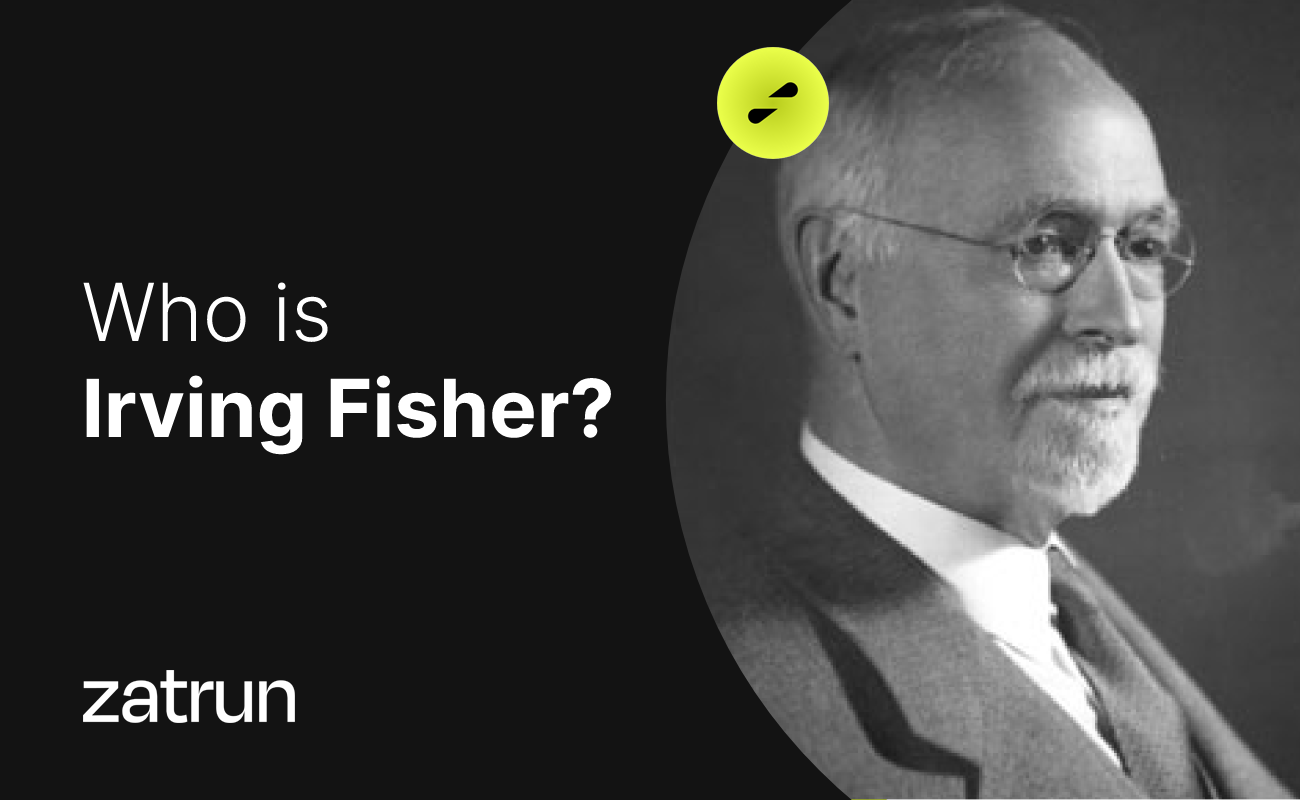Friedrich Engels 101: Who is the Famous German Philosopher? in our article of Zatrun.com, we will cover in detail everything you need to know about Friedrich Engels, the famous German philosopher and also a socialist, historian and political scientist that our readers are curious about.
Who is Friedrich Engels?
Friedrich Engels, a German socialist, philosopher, historian, and political scientist, was born on November 28, 1820 in the city of Barmen (now Wuppertal) in Prussia. His father, Friedrich Engels Sr. (1796-1860), was a manufacturer, and his mother, Elisabeth Franciska Maurita (1797-1873), was a pious Protestant. Engels came from a respected family and began his education in Barmen.

In 1834, he started attending a more advanced school in Elberfeld, where he had his first disagreements with his father. In 1837, he was forced to work as an accountant in his family’s business in Barmen, just one year before completing high school. He went to Bremen in 1838 and worked for the famous industrialist Heinrich Leopold until 1841 while continuing his education.
Authorship Period:
During the authorship period, he wrote a series of articles in 1842 criticizing the direction of the Prussian state in Rheinische Zeitung, a prominent bourgeois opposition newspaper at the time. In 1842, he was sent to Manchester, England by his father. While visiting the Rheinische Zeitung office in Cologne on the way, he met Karl Marx for the first time.
In 1845, he published an article on the Condition of the Working Class in England. That same year, he began assisting the Franco-German Annals, a magazine edited by Karl Marx in Paris. After personally meeting Engels, Marx realized that they shared the same views on capitalism. Marveling at Engels’ ideas, Marx decided to collaborate with him on their study of capitalism.
In 1842, he began writing articles criticizing the Prussian state. He met Karl Marx for the first time while traveling to Manchester, England, in the same year. In 1845, he published an article on the Condition of the Working Class in England and began assisting the Franco-German Annals, a magazine edited by Karl Marx in Paris. After meeting Engels, Marx was impressed by his ideas and shared views on capitalism, and decided to work with him on their study of capitalism.
Journey with Karl Marx:
In 1847, Friedrich Engels and Marx began working together to write a pamphlet called “The Communist Manifesto.” The pamphlet was based on Engels’ book “Principles of Communism” and was written to make communism more understandable to the masses. The pamphlet was published in February 1848, and just one month later, Engels and Marx were expelled from Belgium and moved to Cologne. With Engels’ support, Marx began publishing a radical newspaper called “The Neue Rheinische Zeitung.”
However, due to the failure of the revolutionary movement in Germany in 1849, they returned to England. Engels continued to work at a textile company in Manchester to help financially support Marx. The two also continued to develop their thoughts and ideas on capitalism and socialism. In 1867, Engels published the first volume of Marx’s “Capital.” Later, the duo wrote numerous books to further research and expand on the topics of capitalism and socialism.
After Mary Burns’ death in 1883, Engels donated his entire fortune to the socialist movement in order to contribute to the development and spread of socialism. Engels passed away in London at the age of 65 in 1894. However, his and Marx’s works and ideas still form the foundation of the socialist movement and continue to contribute to the development of socialist thought worldwide.
The 1848 Revolutions:
Friedrich Engels played a leading role in the 1848 revolution, the first serious uprising that served as an inspiration for socialist movements. Engels was actively involved in the events in Elberfeld and fought as August Willich’s aide in the Baden-Palatinate uprising, although all orders were actually given by Engels.
In 1849, many socialist leaders, including Engels, faced the threat of expulsion from the British government, but Prime Minister Lord John Russell rejected it. Engels carried a heavy burden to support Marx and his family financially, while also fighting for his ideas and providing strategic leadership for the free forces.












